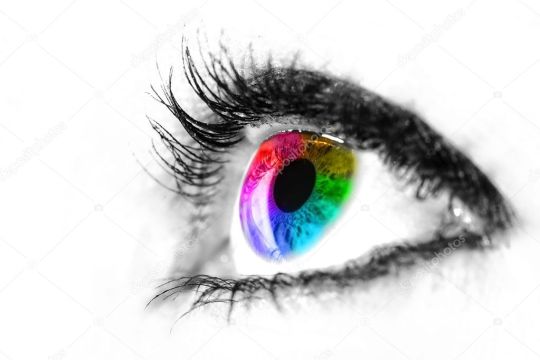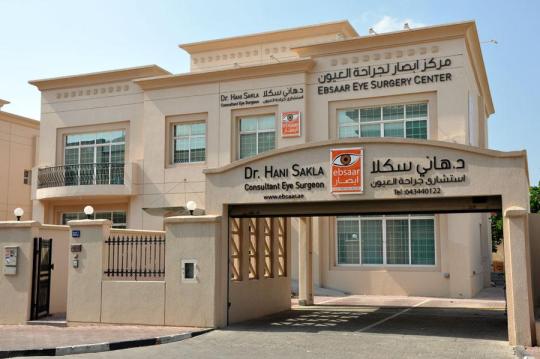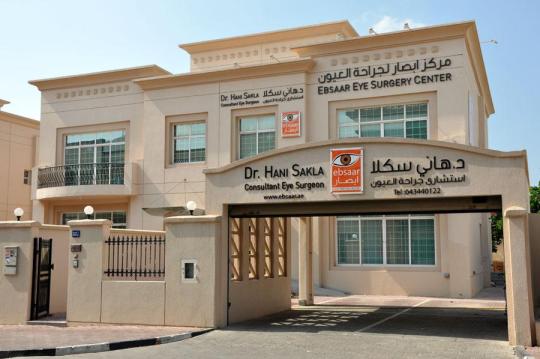Text
Vitamins for your eyes

We've all heard that carrots are good for your eyes, that you should eat a variety of colours, that you should take nutritional supplements for your eyes, etc. The way we live now, with lots of electronic devices and busy schedules that make it easy to skip meals, is bad for our eyes. For good eyesight, our eyes, which are the most complex and sensitive parts of our bodies, need different vitamins. These need to be eaten in the right amounts for the eye to work properly and to keep structural or functional damage from happening. It is important to visit an eye specialist.
Here is a list of the vitamins that your eyes need to stay healthy and bright.
VITAMIN A
Vitamin A, which is also called retinol, is important for the eyes. It helps keep the eye moist and protects the surface of the cornea.
Do you know what vitamin lack leads to night blindness?
It’s vitamin A. Vitamin A helps the eye adjust to changes in light, like when it goes from dark to light and back again. It helps you see better when there isn't much light.
It also keeps the retina from getting old. So, Vitamin A is a vitamin that your eyes need to stay healthy.
Some sources of vitamin A are:
Carrots, broccoli, spinach, leafy greens, yellow vegetables, bell peppers, and pumpkin are all types of vegetables.
Eggs and oil from cod liver.
Vitamin B
Vitamins B1, B2, B3, B6, and B12 are all part of the B complex.
As antioxidants, these vitamins reduce oxidative stress and protect the eyes from damage caused by free radicals. They keep the cornea and retina from getting inflamed or getting old.
They also protect your eyes from glaucoma (a condition where the intraocular pressure increases and damages the optic nerve, causing visual disturbances).
Some sources of Vitamin B are:
Leafy vegetables, beans, milk, yoghurt, and sunflower seeds are all vegetarian sources.
Chicken, turkey, salmon, liver and other organ meats, and pork are not vegetarian sources.
VITAMIN C
Vitamin C, which is a powerful antioxidant, is also found in vitamins for the eyes. It keeps harmful free radicals from getting into your eyes. It is also needed to make collagen and heal wounds, especially in the cornea and sclera. It helps lower the risk of cataracts and the deterioration of the retina that comes with age.
Some sources of vitamin C are:
Orange, grape, kiwi, mango, pineapple, papaya, watermelon, strawberries, blueberries, raspberries.
Green and red peppers, broccoli, cauliflower, spinach, sweet potatoes, turnips, cabbage, leafy greens, and tomatoes are all examples of vegetables.
VITAMIN D
Vitamin D is good for eye health. This helps reduce inflammation and protects the eyes from drying out, getting cataracts, and losing sight in the retina.
Some sources of vitamin D are:
Cod liver oil, egg yolk, cow's milk, soy milk, and salmon.
VITAMIN E
Oxidative stress, which is an imbalance between antioxidants and free radicals, is thought to be a cause of many eye conditions. Since this is the case, vitamin E is an important eye vitamin. It is also a powerful antioxidant that helps protect your eyes from damage caused by free radicals. This keeps cataracts and retinal degeneration from starting too early.
Some sources of Vitamin E are:
Avocado, green vegetables, nuts, sunflower oil, and soya bean oil.
Lutein and zeaxanthin
Lutein and zeaxanthin are both carotenoids. Carotenoids are a group of compounds that plants make that are good for you. These carotenoids are found in the retina of your eyes where they help block blue light from electronics that could be harmful.
Carrots, leafy greens, broccoli, pistachios, pumpkins, and Brussels sprouts are all good sources of lutein and zeaxanthin.
OMEGA- 3 FATTY ACIDS
Omega-3 fatty acids are a kind of polyunsaturated fat that can help reduce inflammation. They protect the retina from changes caused by diabetes. People with dry eye disease can also benefit from them because they help them make more tears. So it is important to visit an eye care clinic.
Some sources of omega-3 fatty acids are:
Fish, flaxseeds, chia seeds, soy, nuts, and olive oil are all good choices.
So, it is very important to eat a balanced diet full of fruits, vegetables, whole grains, and healthy fats. This will give you all the vitamins you need for healthy eyes. Even the best supplements for improving eyesight won't be needed if you eat a well-balanced diet. However, you might want to take a supplement if you aren't getting enough of these vitamins for your eyes.
0 notes
Text
How can early signs of a corneal ulcer be detected?

No matter where they happen, ulcers can be painful. But it's impossible to imagine how painful it is when it gets into the cornea. The eyes are very sensitive, and because they are so important to a person's daily life, when they are hurt, the results can be very bad.
It will need to be treated by an eye specialist, but if caught early enough, the symptoms can be much less severe. So, in this blog, we'll talk about how to spot an ulcer early and how to treat it.
Redness of the eye
Because the eyes are so sensitive, redness in the sclera is one of the first signs that something might be wrong (the white part of the eyeball). But it's important to keep in mind that this is a common sign of many eye problems, so a person needs to look for other signs to decide if they need to see a doctor.
The feeling of having something in the eye
This is a symptom that a lot of people have, and it shows up early on as well. The eye starts to feel irritated, and it feels like something is touching it, like when an eyelash falls into the eye.
But in this case, no matter how hard someone tries, they won't be able to find anything to take out. This could be very upsetting for a person, and if it happens to them often, they should see a doctor.
Tearing, pus and discharge
The affected eye will start to leak tears. People will also notice that pus and other fluids are coming out of their eyes. People will find it hard to open their eyes, and they might even need help to get rid of the dried secretion.
Sensitivity when exposed to light.
In the early stages of an ulcer, a person may start to feel sensitive to light. They will close their eyes or squint when they see light, even if it comes from a lamp.
Pain and soreness
Because the ulcer is on the cornea, the person's eyes will hurt and feel sore. The pain might start out not too bad but will get worse over time until it is very bad.
Most people ignore pain at first because they think it's caused by something simple, but this is wrong. It's not very common for eyes to hurt. Unless there is a lot of strain on the eyes, like from staying up all night to study or from using a laptop for too long, pain is usually a sign that something is very wrong. If someone's eye hurts for more than 24 hours, they should go to an eye hospital right away.
What happens if someone misses the early warning signs?
It will be a scary time, and more symptoms will start to show up. Vision can become blurry, and the eyelids can swell up. There will also be a white spot on the cornea. This is the ulcer.
If a person doesn't get the treatment they need at this point, they could lose their sight. Ulcers on the cornea will get worse over time, and they can spread to other parts of the eye. They could even make a hole or deep scar in the cornea. A person is also likely to get cataracts and glaucoma.
If you think you have a corneal ulcer, you should see a doctor right away. You can call us at the Ebsaar Eye Surgery Center to make an appointment with an eye specialist who can check your eyes and suggest a good treatment.
0 notes
Text
Eye Care Clinic

The Ebsaar Eye Care Clinic is one of Dubai's leading eye surgery centers. It is divided into a waiting area for people to wait their turn and a consulting room where the doctor examines and consults with the patients. This clinic has high-tech tools and equipment that can help find the cause of eye problems quickly and accurately.
#Eye Care Clinic#Eye Surgery#Eye Clinics#Ophthalmology in Dubai#Eye Specialist#Eye Specialist in dubai
0 notes
Text
Retina Specialist in Dubai
Ebsaar Eye Surgery Center has the best Retina specialist in Dubai. With the rise in diabetes and an increasing life expectancy, the risk of developing retina-related conditions like diabetic retinopathy and age-related macular degeneration has risen. Therefore, we are constantly striving to raise awareness among those suffering from heart diseases, diabetes, high blood pressure, etc., which are more likely to be affected by retinal issues. In certain instances, the damage to the eye can be irreparable.

0 notes